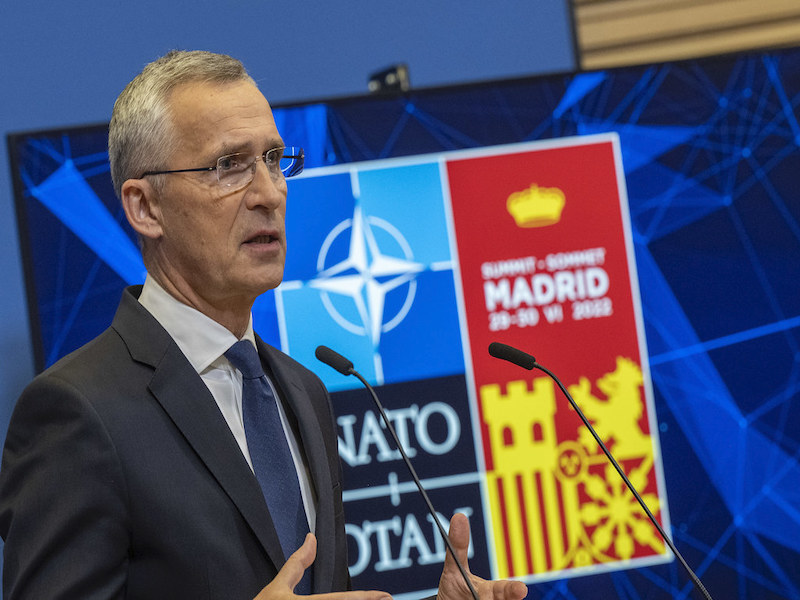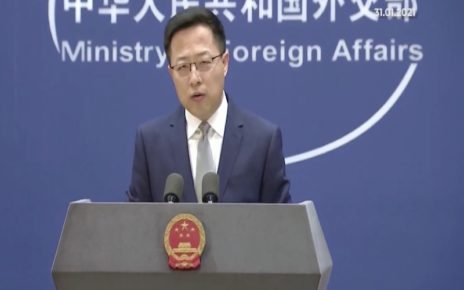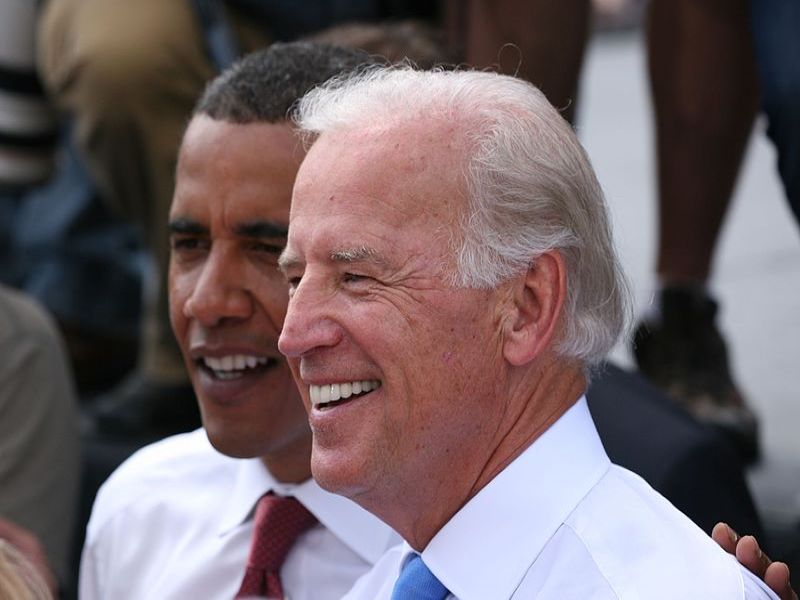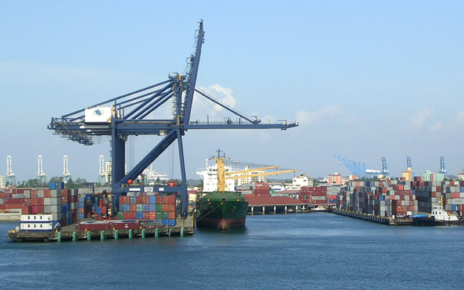“The People’s Republic of China’s (PRC) stated ambitions and coercive policies challenge our interests, security and values.” Such a clear statement about China in NATO’s 2022 Strategic Concept is unprecedented, and its inclusion is a sign of change in NATO policy.
After downplaying China as a direct threat to NATO for many years, NATO states’ representatives at the Madrid Summit – which focused primarily on Russia and its invasion of Ukraine – highlighted the urgency that the China question holds among key NATO leaders, who acknowledged China’s increasing influence on the world stage.
This change in policy comes as part of a larger shift in NATO defence strategy. NATO’s longtime priority of focusing on nuclear and ballistic missile proliferation, as well as terrorism, has evolved to combatting the danger emerging from “authoritarian actors” threatening “our interests, values and democratic way of life.” Aside from the Russian nemesis, China’s incipient threat to Euro-Atlantic security was the summit’s next clear focal point. Warning of China’s efforts “to increase its global footprint and project power, while remaining opaque about its strategy, intentions and military build-up,” the Concept outlines China’s efforts to integrate itself as a vital pillar in key industries, supply chains and in the area of innovation and technical development. The Concept also references China’s increasing partnership with Russia as a key characteristic of the danger it poses, as well as subtly referring to China’s efforts to occupy the South China Sea and outmaneuver international law in the areas of space and cyber security.
Beijing’s response to the Madrid Summit’s outlook on China is best summarized by one clear stance: indignation. In contrast to its claims about NATO – labelling it as a forum creating enemies and bloc confrontation 30 years after the Cold War whilst engaging in conflicts bypassing the UN Security Council – China has reminded the public of its alleged “independent foreign policy of peace.” China has specifically criticized the “futile” attempt to play up “the so-called China threat” and highlighted the Asia-Pacific as a “highland of peace and stability and a land of cooperation and development.” In light of public recognition of its efforts to destabilize and engrain itself into the European continent, China aims to turn the tables by playing down its designs whilst painting NATO to be the aggressor.
Looking forward, is the new Strategic Concept and its focus on China an indication of more NATO involvement in the Indo-Pacific? The answer to this is, insofar as indicated by the Strategic Concept, a clear no. While the Concept acknowledges the Chinese threat, it reaffirms that NATO is an alliance committed to the security of the North Atlantic region in particular. Secretary-General Stoltenberg’s words from 2020 best encapsulate the Concept’s position on China: “this is not about moving NATO into the South China Sea, but it is about taking into account that China is coming closer to us.”
Rather than proposing the active deployment of NATO troops to the Indo-Pacific, the Concept indicates that more Allied efforts will be undertaken to counter Chinese efforts to increase their influence within Europe itself and, more importantly, to break up the alliance from within. These efforts were most recently seen as China, through its online social media presence, worked to further divide the alliance on questions including the accession of Sweden and Finland to NATO.
Aside from stopping short of acknowledging it as a threat, rather labelling China a “systemic rival,” the Concept also clearly states that, “We remain open to constructive engagement with the PRC, including to build reciprocal transparency” on issues of vital security importance to the Pacific. As Secretary-General Stoltenberg stated at the summit: “China is not our adversary, but we must be clear-eyed about the serious challenges it represents,” whilst stating that NATO remained “open to constructive engagement.”
The concept can hereby be interpreted as a statement by NATO: We know what you, China, are doing, and we are working to protect ourselves from your efforts of division. However, we still want to work with you as much as we can.
Aside from strengthening internal defences against Chinese subversion, it is likely the Concept will prompt an increase in intelligence operations targeted at China and its Indo-Pacific involvement in the next few years. The aim will be to better understand Chinese activities in Europe and the posture and positions of the PLA and how they link to North Atlantic security.
“We will stand up for our shared values and the rules-based international order, including freedom of navigation.” It is this last sentence of the Strategic Concept that truly encapsulates NATO’s position on China going forward. Seeing China as a threat to its ideological foundation, NATO will move to take a clearer stance on protecting its members and the alliance itself from any coming threats of subversion and incursion, whether in social, economic, political or military form. However, a path to cooperation remains open and desired. Therefore, whilst we may not see active NATO deployments in the Indo-Pacific, stronger involvement in the region is almost guaranteed.
Photo: Pre-summit press conference by NATO SG (June 27th, 2022), by NATO via Flickr. Licensed under CC BY-NC-ND 2.0
Disclaimer: Any views or opinions expressed in articles are solely those of the authors and do not necessarily represent the views of the NATO Association of Canada.




